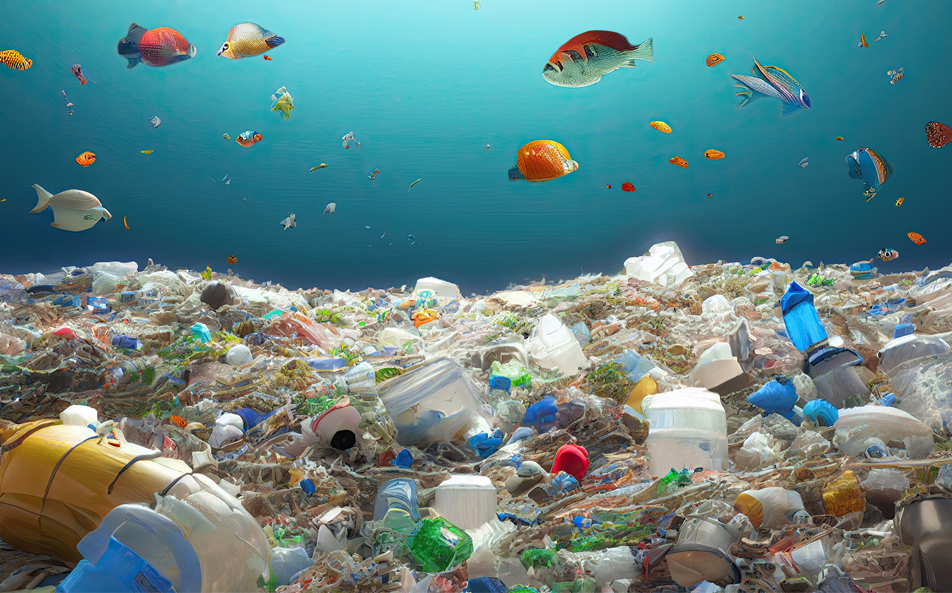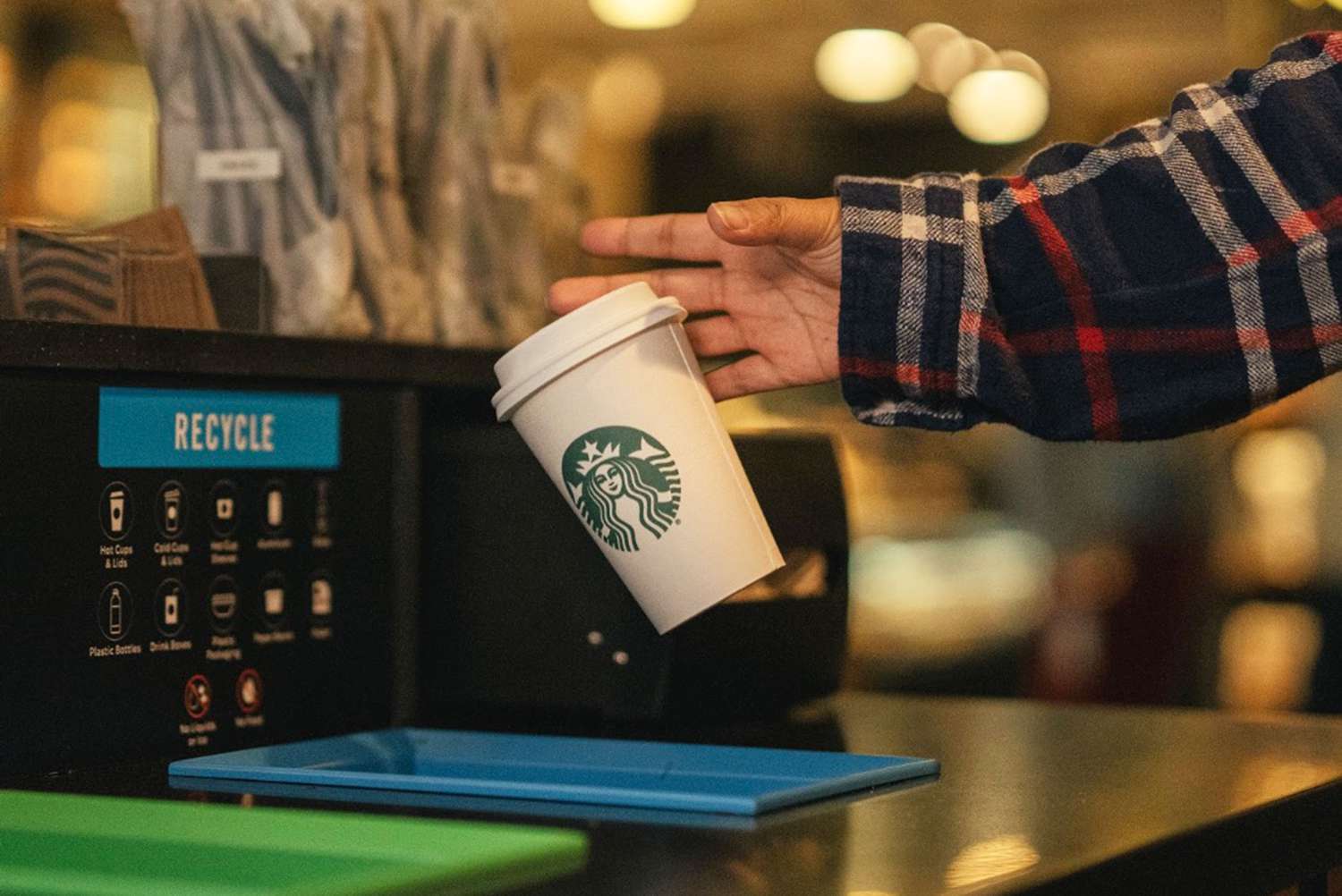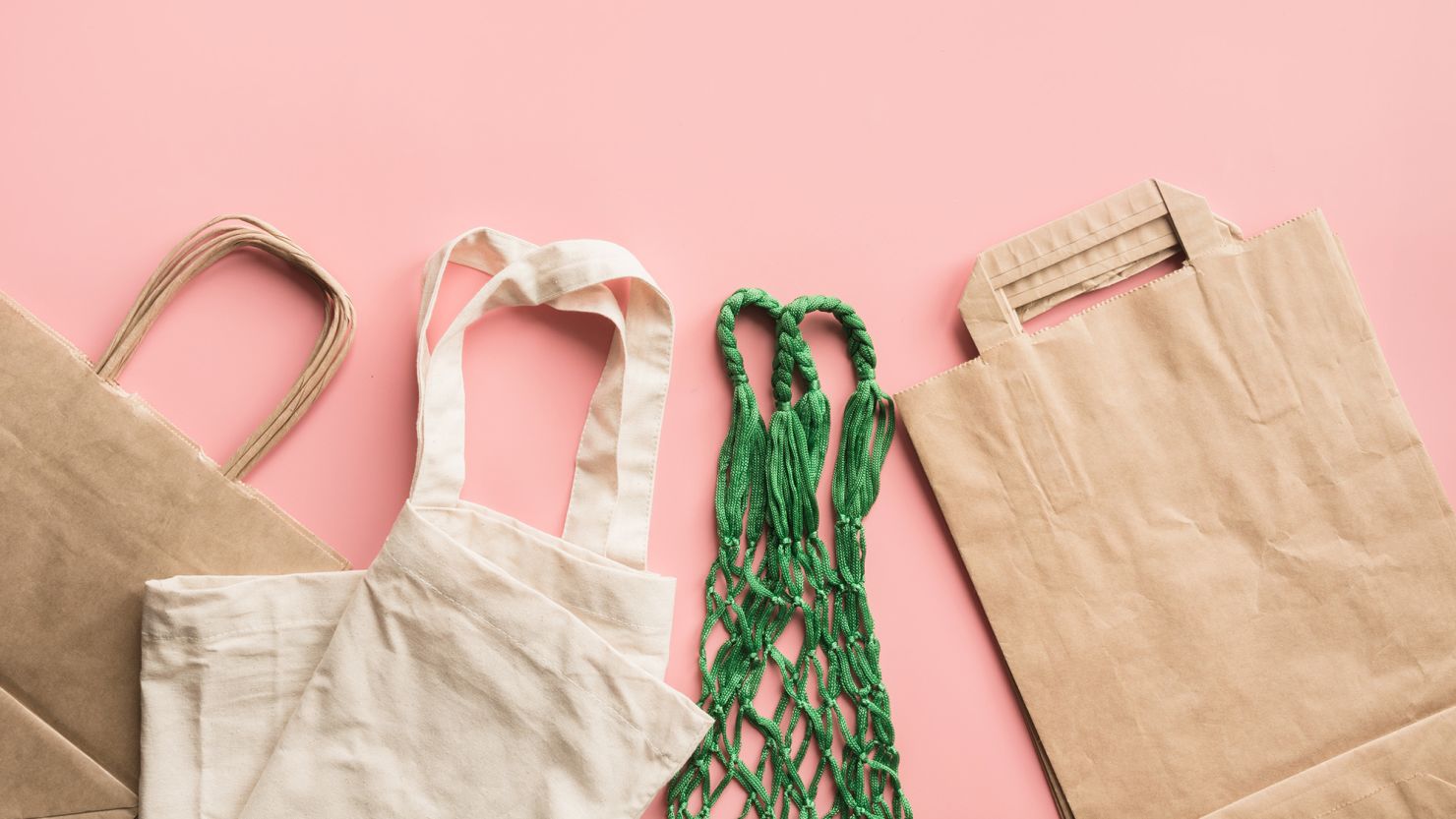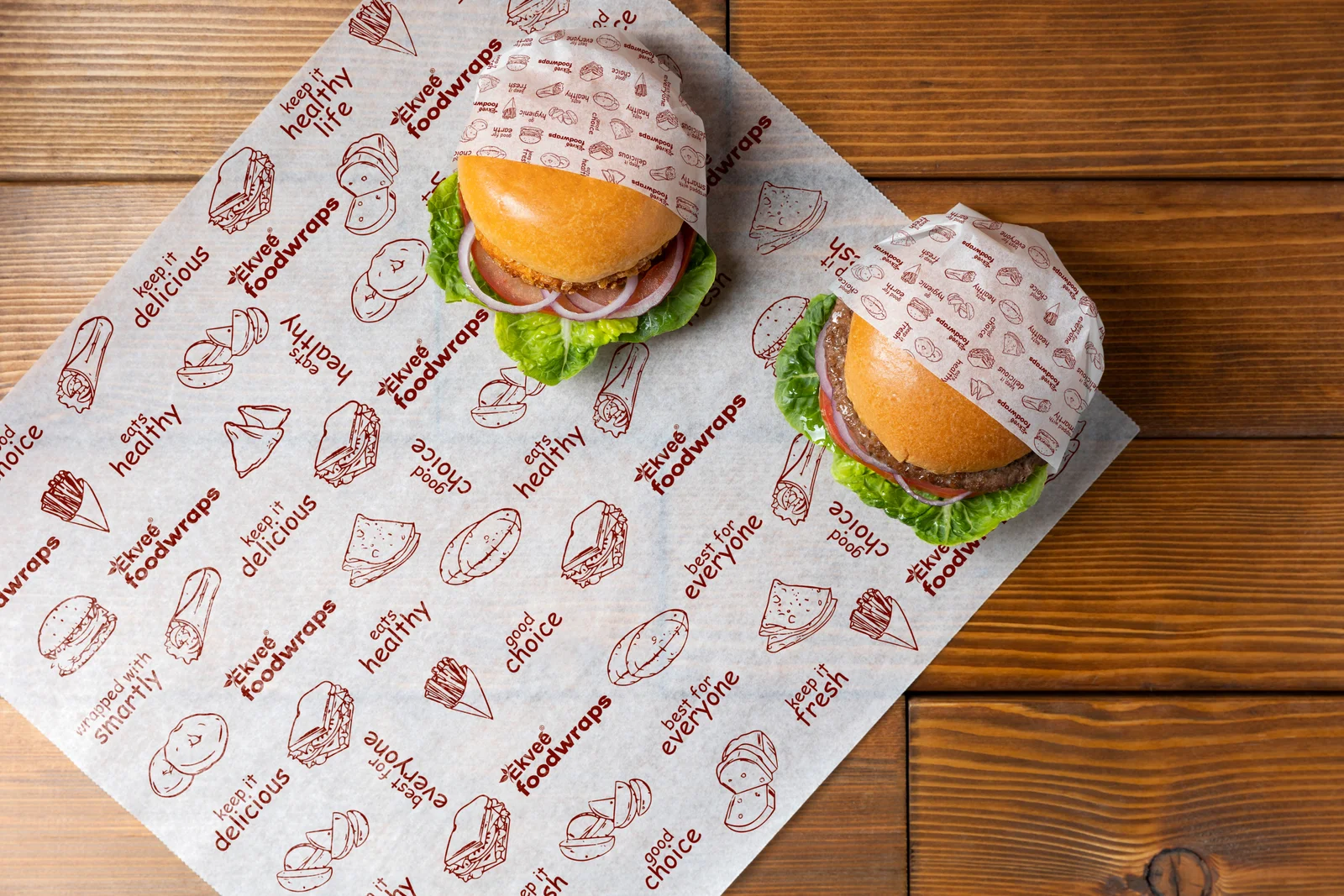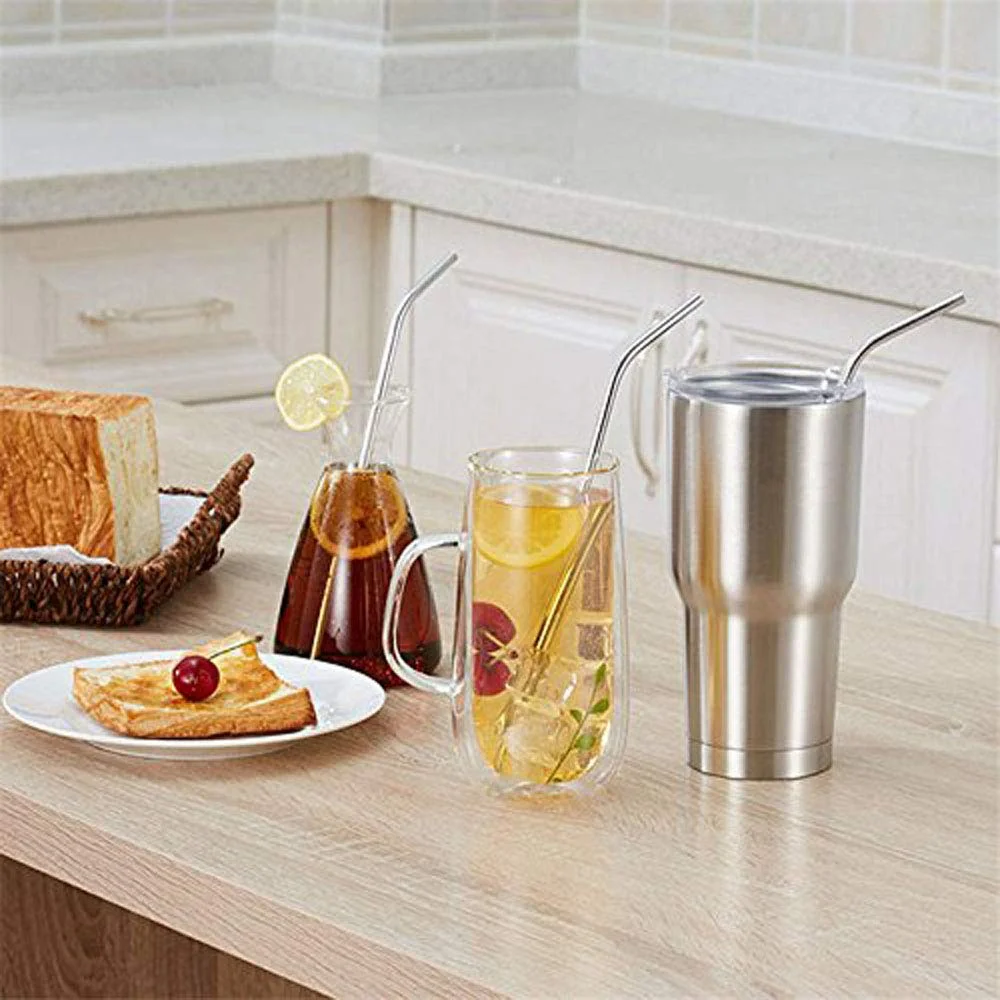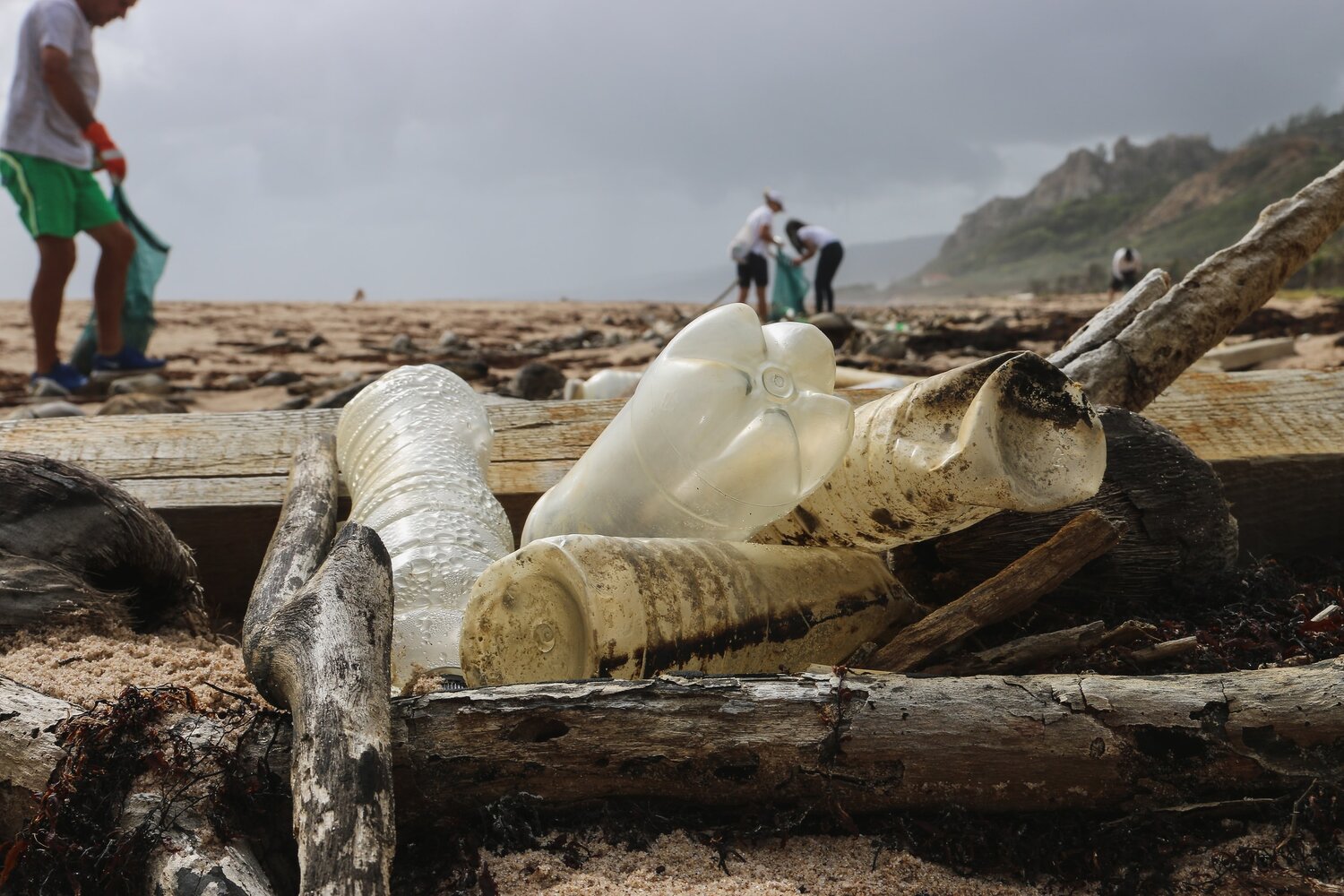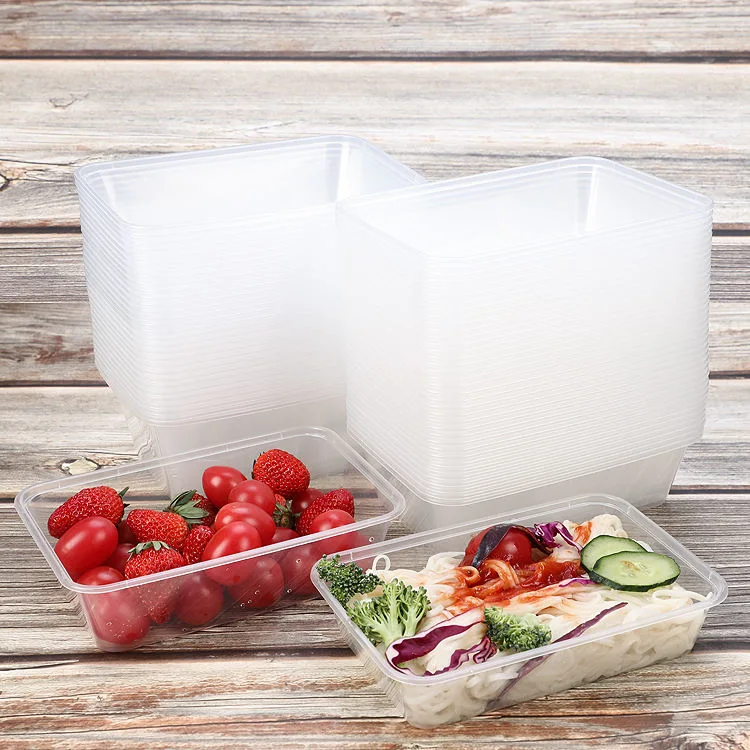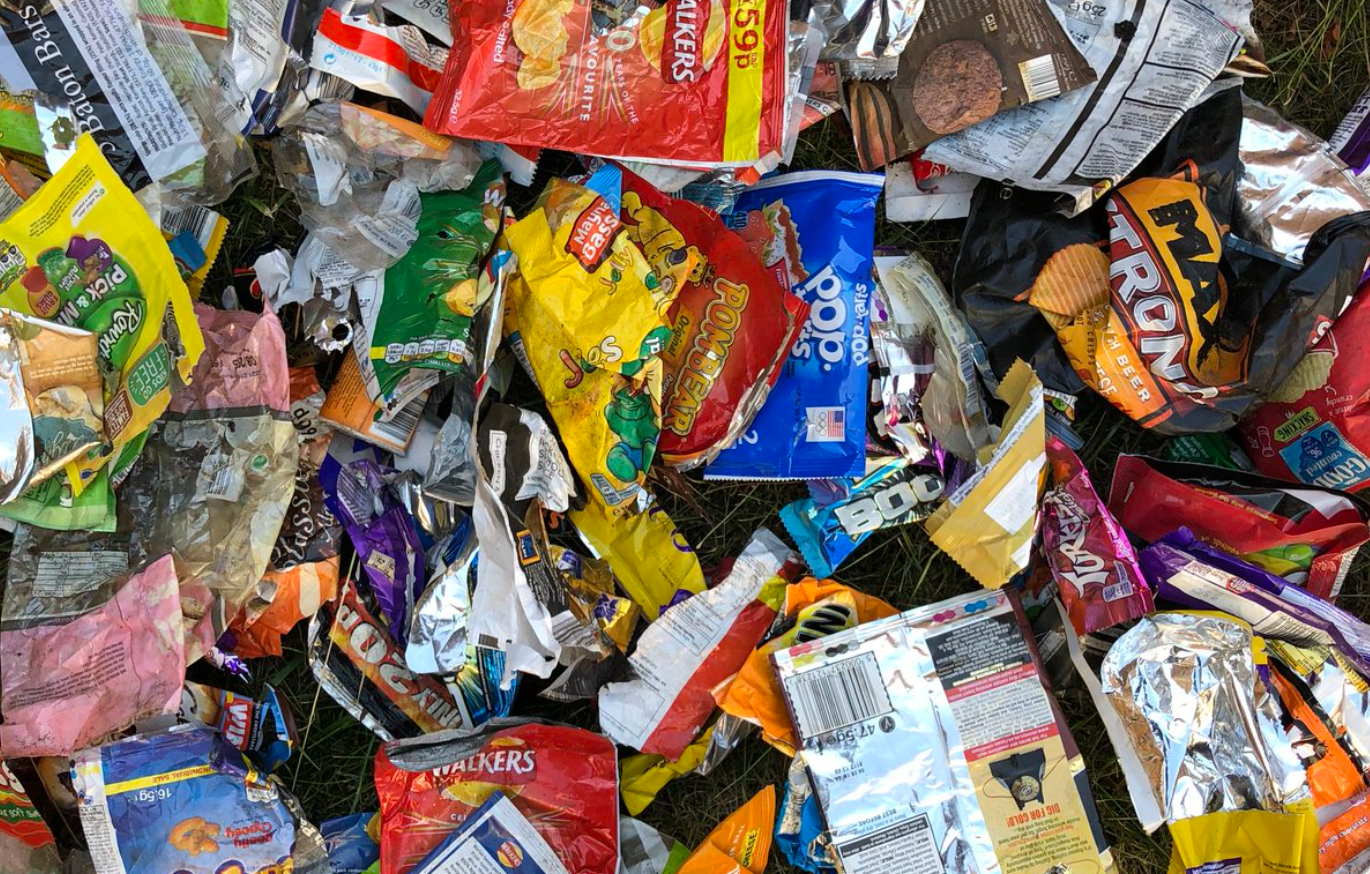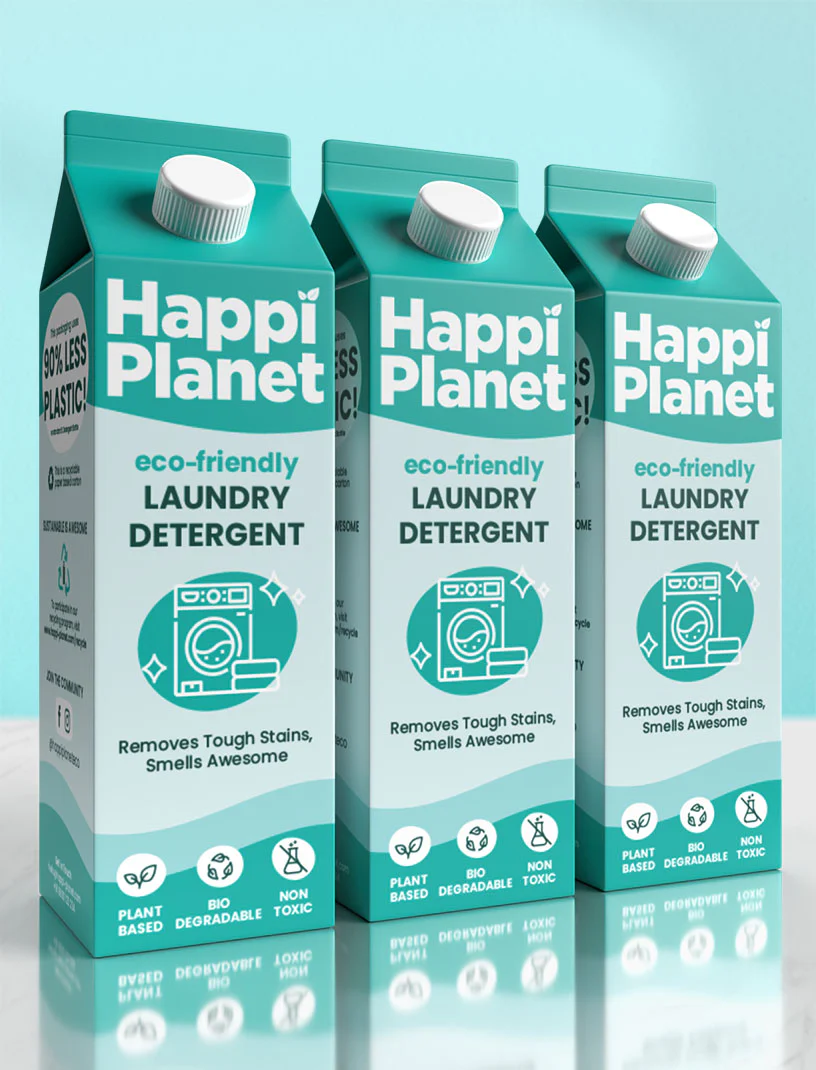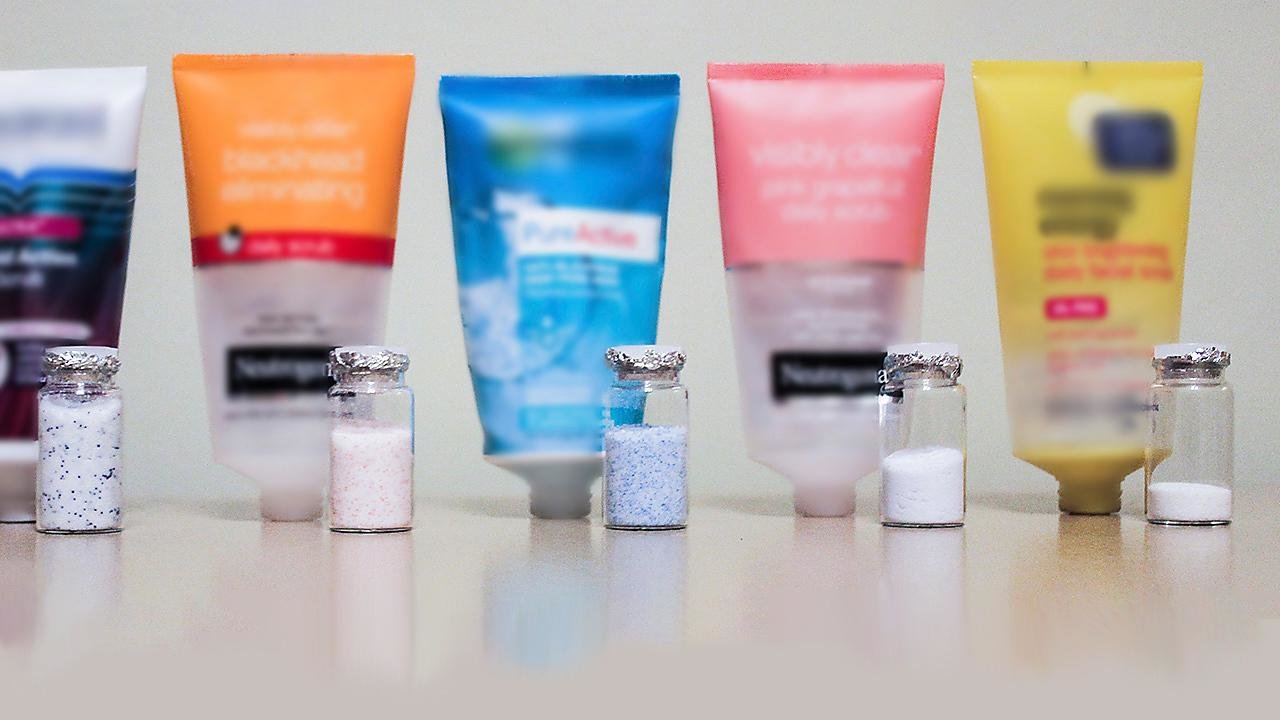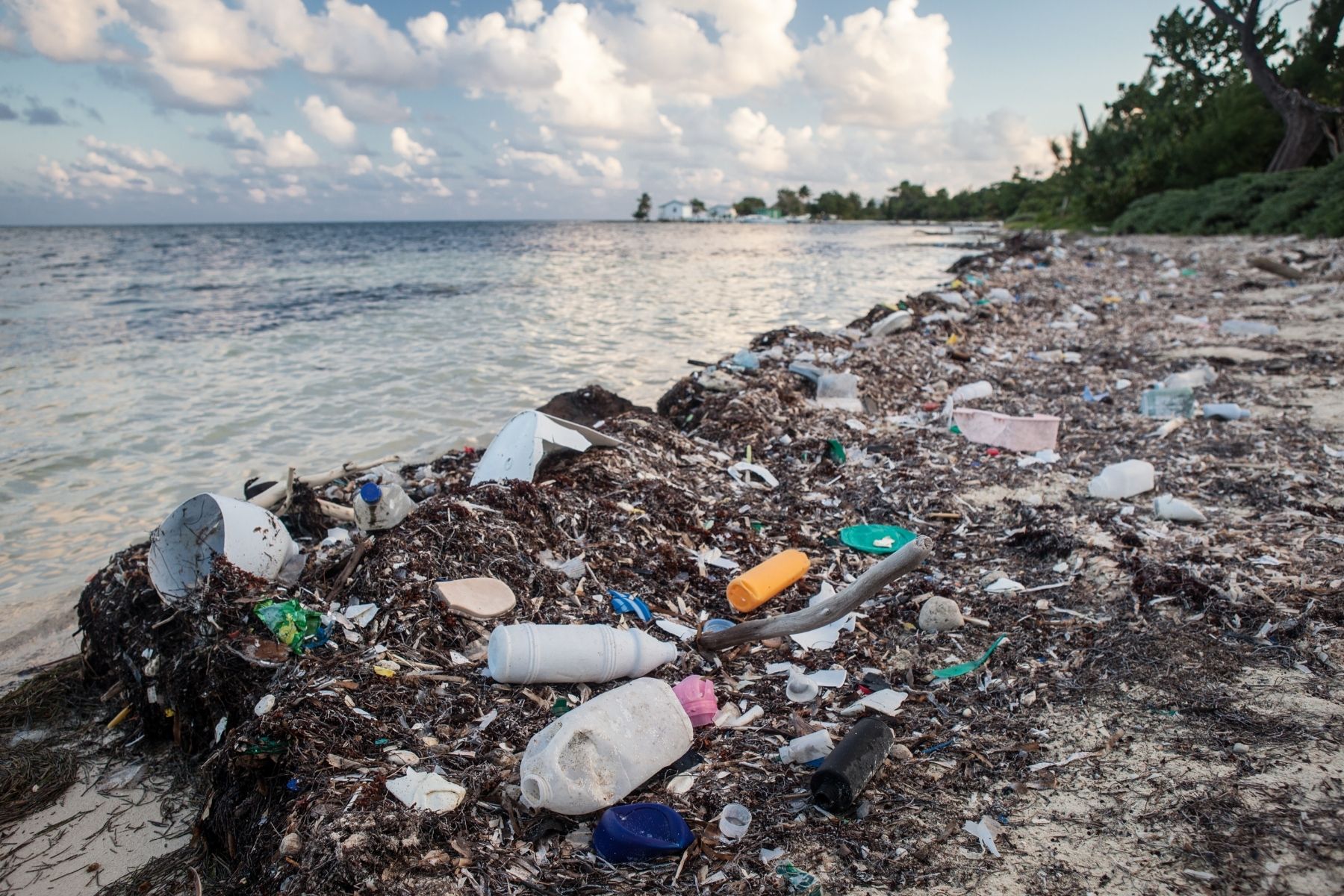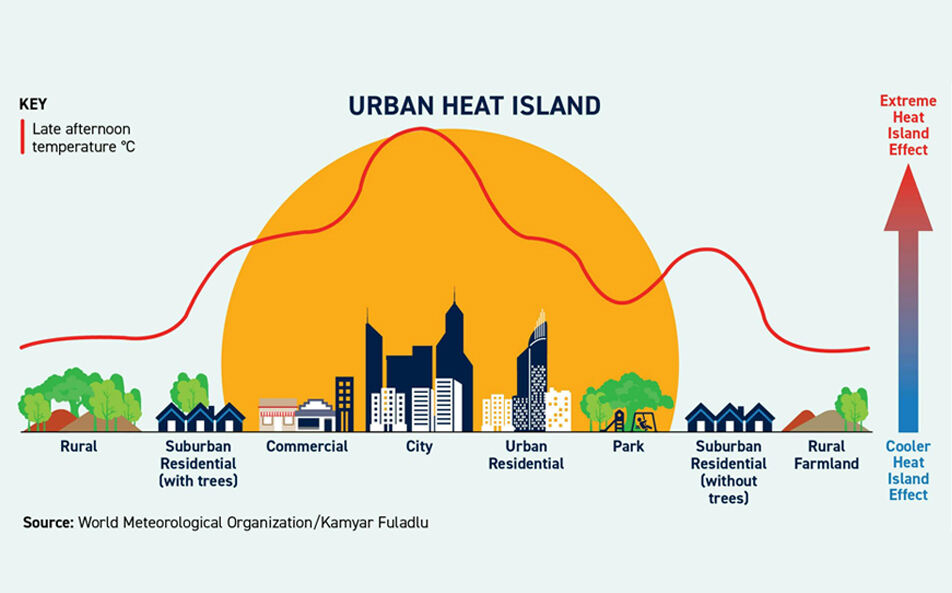
The United Indian

The vast expanse of the ocean – a source of wonder, a provider of life, and unfortunately, being growing victim of unnecessary waste, our oceans are drowning in plastic. Every year, millions of tons of plastic end up in our oceans, harming marine life, entering the food chain, and disrupting delicate ecosystems. But how much of this plastic pollution comes from our everyday habits? The answer might surprise you.
Let's take a deep dive into 10 seemingly insignificant habits that significantly contribute to plastic ending up in our oceans, and explore simple, sustainable alternatives to make a real difference:
1. The Grab-and-Go Grind: Single-use Coffee Cups
That morning cup of Starbucks joy might be helping you in jumpstarting your day, but the single-use cup it comes in could be hindering our oceans. Most disposable coffee cups are lined with plastic, making them difficult to recycle and often destined for landfills, where they can take centuries to decompose.
The Switch: Embrace the reusable revolution! Invest in a travel mug or thermos. Many coffee shops even offer discounts for using your own cup. Bonus points for choosing one made from recycled materials!
2. Plastic Fantastic? Not So Much: Grocery Shopping Bags
We are habitual of accepting plastic bags at the grocery store or for other shopping trips. Those flimsy plastic bags offered at checkout counters might seem convenient, but they often end up littering our streets, blown into waterways, and eventually reaching the ocean.
The Switch: Opt for reusable shopping bags & carry your own bags! Canvas totes or sturdy cooler bags are not only good for the environment, but they're also more durable and can carry more groceries.
3. Packing Perfection (or is it?): Plastic Food Wrap
Cling wrap might seem like the ultimate food-saving solution, but it's another major contributor to plastic pollution. It's rarely recycled and often ends up in landfills or, worse, the ocean.
The Switch: There are several eco-friendly alternatives. Reusable beeswax wraps are a great option for covering bowls and sealing containers. Silicone lids can be stretched over cut fruits and vegetables, and reusable containers are perfect for storing leftovers.
4. Straws Suck (for the Environment): Plastic Straws
Those little plastic straws might seem harmless, but they're a major contributor to ocean debris. Sea turtles often mistake them for food, leading to life-threatening complications.
The Switch: Say no to straws! If absolutely necessary, opt for reusable metal or bamboo straws.
5. Bottled Up Frustration: Single-Use Water Bottles
Plastic water bottles are one of the most common items found in ocean pollution. They take hundreds of years to decompose and often break down into microplastics that harm marine life.
These bottles though offer huge convenience, but their environmental cost is high. They require a significant amount of energy to produce and transport, and a large percentage end up littered or improperly disposed of, eventually reaching the ocean.
The Switch: Invest in a reusable water bottle and refill it throughout the day. There are also many filtered water stations available in public places, making it easier than ever to ditch the plastic. This is also applicable for soft drink bottle as we can choose tin cans or glass bottle instead of plastic ones.
6. On-the-Go Grub: Plastic Utensils
Packing a quick lunch or grabbing takeout often means a side of plastic utensils or contaienrs. These single-use items are rarely recycled and contribute significantly to plastic pollution.
The Switch: Keep a reusable cutlery set in your bag or car. Options are available in various materials like stainless steel or bamboo, making them a sustainable and convenient choice.
7. Packing Peanuts: Not-So-Nutty Pollution
Those packing peanuts might seem harmless, but traditional polystyrene peanuts can take centuries to decompose and often end up littering our environment or waterways.
The Switch: Look for companies that use eco-friendly packing materials like recycled paper or biodegradable peanuts made from corn starch. When receiving packages, consider reusing the packing peanuts for your own shipments.
8. Microplastics in the Wash: Synthetic Clothes
Did you know that every time you wash synthetic clothes, tiny plastic fibers are released into the wastewater system? These microplastics eventually make their way to the ocean, harming marine life.
The Switch: Invest in natural fiber clothing like cotton, linen, or wool. When washing synthetic clothes, consider using a microplastics filter to capture some of the released fibers.
9. Cleaning Up Our Act: Plastic Microbeads
While many companies have phased out plastic microbeads in personal care products like face scrubs and toothpaste, it's still important to check labels. These tiny plastic beads contribute significantly to microplastic pollution in the ocean.
The Switch: Look for products with natural exfoliants like sugar or ground nutshells. Opt for toothpaste with ingredients like silica or baking soda for a gentle clean.
10. Party Time (with Plastic Waste?): Balloons and Confetti
Celebrations are a time for joy, but balloons and confetti often end up as litter, polluting our environment and oceans. Balloons can be a choking hazard for wildlife, and plastic confetti doesn't biodegrade, creating a long-lasting impact.
The Switch: Choose biodegradable alternatives for festive fun! Paper lanterns, bubbles, and even homemade streamers made from recycled paper are festive and eco-friendly options.
Beyond the 10: Making a Bigger Splash
While these 10 habits are a great starting point, there's more we can do to reduce plastic pollution in our oceans. Here are some additional tips:
- Educate Yourself and Others: Knowledge is power! Learn more about plastic pollution and its impact on our oceans. Share what you learn with friends, family, and colleagues.
- Support Sustainable Businesses: Look for companies committed to reducing plastic waste. Choose products with minimal packaging or those made from recycled materials.
- Demand Change: Let your voice be heard! Contact your local representatives and urge them to support policies that address plastic pollution.
- Get Crafty: Upcycle and reuse plastic items whenever possible. Turn old plastic bottles into planters or organizers. There are endless possibilities!
Remember, Every Action Counts
Plastic pollution is a complex problem, but by making small changes in our everyday habits, we can collectively make a big difference. By choosing sustainable alternatives and advocating for change, we can help protect our oceans and ensure a healthier future for marine life and ourselves.
Remember, you don't have to change everything at once. Start with one or two habits that seem most manageable for you. As these changes become second nature, gradually incorporate more sustainable practices into your daily life.
Every piece of plastic we keep out of the ocean is a victory for marine life and the health of our planet. By making these simple switches, we're not just reducing pollution – we're setting an example for others and creating a ripple effect of positive change.
Let's all be part of the solution and turn the tide on plastic pollution!
Together, we can create a wave of change for a cleaner, healthier ocean!
Read more in Environment
May 27, 2025
TUI Staff
May 27, 2025
TUI Staff

Stay Tuned with The United Indian!
Our news blog is dedicated to sharing valuable and pertinent content for Indian citizens. Our blog news covering a wide range of categories including technology, environment, government & economy ensures that you stay informed about the topics that matter most. Follow The United Indian to never miss out on the latest trending news in India.
©The United Indian 2024

